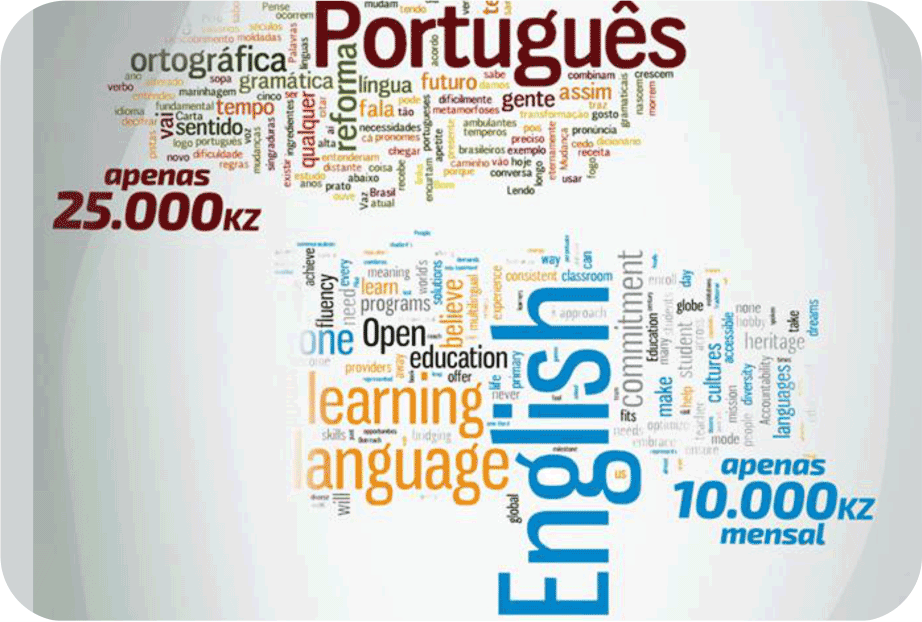BEGINNER TEACHING PROGRAMME
- The first meeting.
- Greetings and farewells.
- The English alphabet.
- Asking for permission.
- Personal subject pronouns (the present simple of the verb “to be” affirmative form).
- Reading text: All Students In My English Class Are About Today.
- The verb “to be” (negative and interrogative forms).
- Qualifying adjectives.
- Possessive adjectives and pronouns.
- Classroom objects.
- The verb “to have got” in the present simple (reading text: Gloria Gust).
- Cardinal numbers (how much / how many).
- The verb “to have got” in negative and interrogative forms (reading text: Tom Hanks).
- Saying the ages / telephone numbers / years and telling the time.
- There to be (reading text: Our house).
- Some / Any / No.
- The present simple tense (the infinitive of verbs. Reading text: David and Rose΄s Day).
- Adverbs of frequency.
- The prepositions.
- Ordinal numbers (days of the week, months of the years, seasons, writing…)
- The present continous tense (or progressive).
- Plural of nouns.
- Articles
- Punctuation marks.
- Demonstrative pronouns.
- Expressing capacity / ability / possibility and permission (may,can).
- Interrogative adverbs and pronouns.
- The past simple tense (reading text: Luciano Fonseca Dulo).
- Personal object pronouns.
- The past continouns.
- The future simple tense.
ADDITIONAL LESSONS
………………. //………………………
Vocabulary
- Family tree.
- Colours and clothes.
- The human body. Countries and nationalities.
- Ocuppation
- Food and drinks.
|
INTERMEDIATE TEACHER PROGRAMME
- The conditional mood.
- The past of CAN: ”could” and “ be able to ”.
- Talking about future plans: “will” and “have to”.
- The possessive case (ʼs).
- Expressing obligation: “must ” and “ used to ”.
- Reflexive pronouns.
- Expressing past habits and states: “used to”.
- Describing and comparing people, things and animals: Adjective degrees.
- Some / Any.
- The use of: “get used to” and “be used to”.
- The past participle of the verbs: the Present Perfect Simple (for / since / how long / yet / already / just / ever and never).
- Giving advice and expressing preference “ had better ” and “ would rather ”.
- The Imperative mood.
- Questions tags
- The Past Perfect Simple.
- Voice: the passive.
- Relative clauses and Relative pronouns
- Agreeing and disagreeing: so am I, so do I, neither am I, neither do I, etc.
- The difference between “ Do ” and “ Make ”.
- The Future Continuous (or progressive).
- Formal and Informal letters.
- Modal verbs: can, could, may, etc.
- Future arrangements: the Present Continuous for the future.
|
UPPER – INTERMEDIATE TEACHING PROGRAMME
- Adjectives and Adverbs (manner, place, time).
- The Present Perfect and Past Perfect Continuous.
- Didnʼt need to… and neednʼt (have).
- The Causative (have something done)
- The Future Perfect Simple and Continuous.
- Both (of); neither (of); either (of), expressing alternatives: Both… and…neither… Nor… either…or…
- Little / a little / few / a few.
- Conjunctions (unless, providing that, etc).
- Although / though / even though / in spite of / despite.
- Say / tell / speak.
- Direct and reported speeches.
- Reported questions.
- No longer / no more /any longer / any more / still and yet.
- Like and Alike.
- When and of sentences.
- Conditional: first, second and third conditionals (if…)
- Wish sentences.
- “ Ing ” and “ Ed ” clauses.
- All / every whole.
- Phrasal verbs
Duração: 3 Months
|
- All / every whole.
- Phrasal verbs.
ADVANCED TEACHING PROGRAMME
- The use of “but ”.
- The difference between British and American English.
- Phonetic symbols
- Reading activities.
- Listening activities
- Writing activities.
- Oral and written translation.
- In time / on time / at the end / in the end.
- Mult – word verbs.
- Quite / rather.
- Idiomatic expressions (verbs).
- By / until / by the end.
- “Have” and “have got”.
- As if.
- So / such.
- May (have), might (have).
- A friend of mine / by myself / my own, etc.
- How to make a topic.
- Teaching activities (for students.)
|

